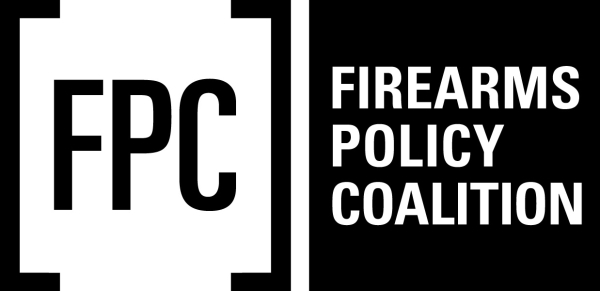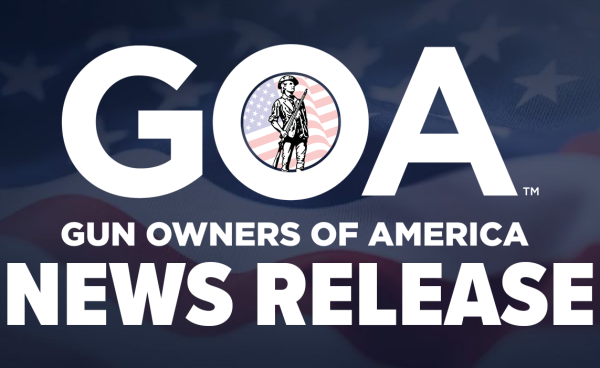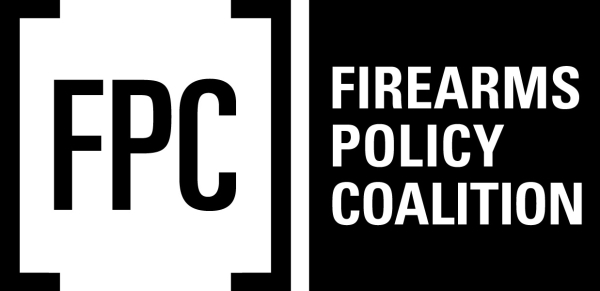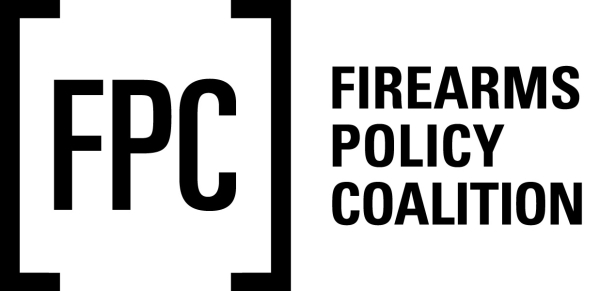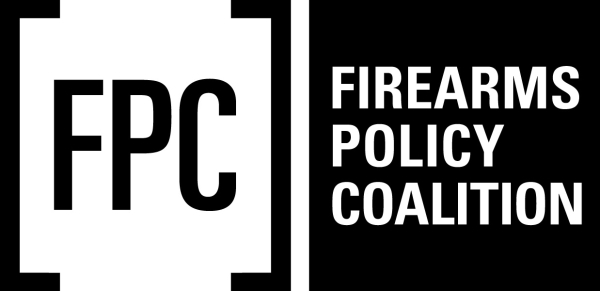FPC: PA Appellate Court Rules Philadelphia “Lost or Stolen” Ordinance is Unlawful
In another Firearms Policy Coalition (FPC) legal victory, Pennsylvania’s Commonwealth Court ruled on appeal that Philadelphia’s ordinance requiring the reporting of “lost or stolen” firearms violates State law. The opinion in City of Philadelphia v. Armstrong can be found at FPCLaw.org.
Section 6120(a) of the Pennsylvania Uniform Firearms Act (UFA) states that, “No county, municipality or township may in any manner regulate the lawful ownership, possession, transfer or transportation of firearms, ammunition or ammunition components when carried or transported for purposes not prohibited by the laws of this Commonwealth.”
However, the City of Philadelphia enacted and is enforcing its Code Section 10-838a, which states, “No person who is the owner of a firearm that is lost or stolen shall fail to report the loss or theft to an appropriate local law enforcement official within 24 hours after the loss or theft is discovered.”
In yesterday’s decision, the Commonwealth Court held that the City’s ordinance was preempted by State law. The Court’s opinion, authored by Judge Patricia A. McCullough, ruled that Philadelphia “does not make any meaningful argument for a change in the current state of the case law, opting instead to essentially ignore the precedential authority of this Court as if it does not exist…Here, the facts, procedural history, and legal background of this case establish that the City is attempting to enforce a law that it knew, or reasonably should have known, was unenforceable due to our 2008 decision in Clarke, as well as the preceding and succeeding case law from this Court.”
The ruling further notes that “the City’s decision to proceed with prosecution under Section 10-838a, a lost and stolen reporting law, and then incredibly claim that the law is actually a ‘straw purchaser’ law, which, in any event, has also been held to be preempted by this Court…evidences a form of bad faith and harassment on the part of the City.”
“The Commonwealth Court correctly held that the City of Philadelphia’s prosecution of Mr. Armstrong under its Lost and Stolen Ordinance constituted ‘bad faith and harassment,” said Joshua Prince, attorney for Mr. Armstrong. “There could be no dispute that the ordinance was preempted and as a result, directed the trial court to permanently enjoin the City of Philadelphia from enforcement of its ordinance.”
“The City of Philadelphia has repeatedly passed ordinances regulating firearms which have been struck down by the Courts of Pennsylvania,” said Adam Kraut, FPC’s vice president of programs. “In spite of those prior cases, and having had an ordinance like the one at issue found invalid, Philadelphia has elected to waste taxpayer dollars while harassing and bullying Mr. Armstrong, all while likely knowing the cost to defend against such an action would be too much for any single individual. FPC has, and remains, committed to protecting individuals from unlawful statutory schemes.”
FPC is also suing the City of Pittsburgh, Pennsylvania over the city’s unlawful gun control laws. Oral arguments in FOAC, et al. v. City of Pittsburgh, et. al took place in October 2020.
About FPC
Firearms Policy Coalition (firearmspolicy.org), a 501(c)4 nonprofit organization, exists to create a world of maximal human liberty, defend constitutional rights, advance individual liberty, and restore freedom. FPC’s efforts are focused on the Right to Keep and Bear Arms and adjacent issues including freedom of speech, due process, unlawful searches and seizures, separation of powers, asset forfeitures, privacy, encryption, and limited government. The FPC team are next-generation advocates working to achieve the Organization’s strategic objectives through litigation, research, scholarly publications, amicus briefing, legislative and regulatory action, grassroots activism, education, outreach, and other programs. FPC Law (FPCLaw.org), is the nation’s largest public interest legal team focused on the Right to Keep and Bear Arms, and the leader in the Second Amendment litigation and research space.

